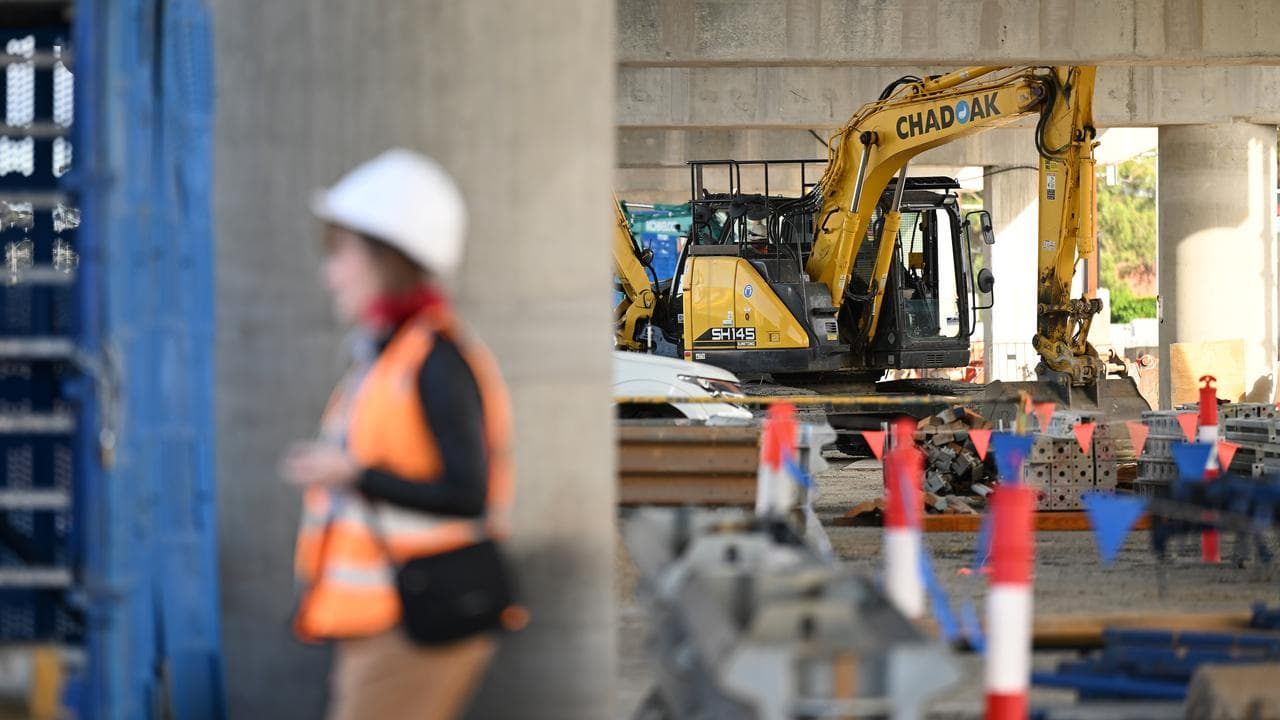
New capital spending by private businesses has come in above expectations after lifting by a convincing 2.4 per cent in the first three months of this year.
But business investment in the March quarter was down from the three per cent recorded in the December quarter, which was upwardly revised from 2.2 per cent.
A 3.7 per cent increase in machinery and equipment spending fed into the solid quarterly result, which was the largest three-month rise since the March quarter of 2021, the Australian Bureau of Statistics reported on Thursday.
The data revealed a sharp fall in equipment capital expenditure in the construction industry - down 23.1 per cent - but this was somewhat balanced by good results in other sectors.
“The fall in construction businesses investing in new equipment and machinery follows a period of high investment in recent years and may demonstrate some of the impact from continued falls in building approvals," ABS head of new capital expenditure statistics Ben Dorber said.
"Construction businesses expectations for future investment, however, remain positive.”
Business investment in buildings and structures also lifted by a more modest 1.3 per cent across the quarter.
Oxford Economics Australia head of macroeconomic forecasting Sean Langcake said business investment might prove to be a bright spot in an otherwise gloomy quarter for economic growth.
The ABS report also offered insights into the future investment plans of Australian businesses, with the latest estimate for 2023/24 rising by 6.4 per cent to $137.6 billion from the last projection.
Mr Langcake said expectations for capital expenditure spending remained healthy.
"However, this may be an acceptance of higher cost inflation, rather than an intention to make larger additions to the capital stock," he said.
ANZ senior economist Adelaide Timbrell said the upgrade was smaller than would usually be seen at this time of year.
She said this was largely due to a lack of change in mining investment plans compared to the earlier estimate.
Treasurer Jim Chalmers said high inflation and rising interest rates were weighing on businesses.
"Ever since last year, interest rates have been going up and people have had to find more monthly household or small business budget to cover higher interest rates," he said in parliament.
Dr Chalmers said the May budget was designed to address pressing issues in the economy without pushing up inflation.
"The Reserve Bank governor said yesterday that he believes from his point of view that the budget is not adding to inflation - if anything, it's taking the pressure off inflation," he added.




